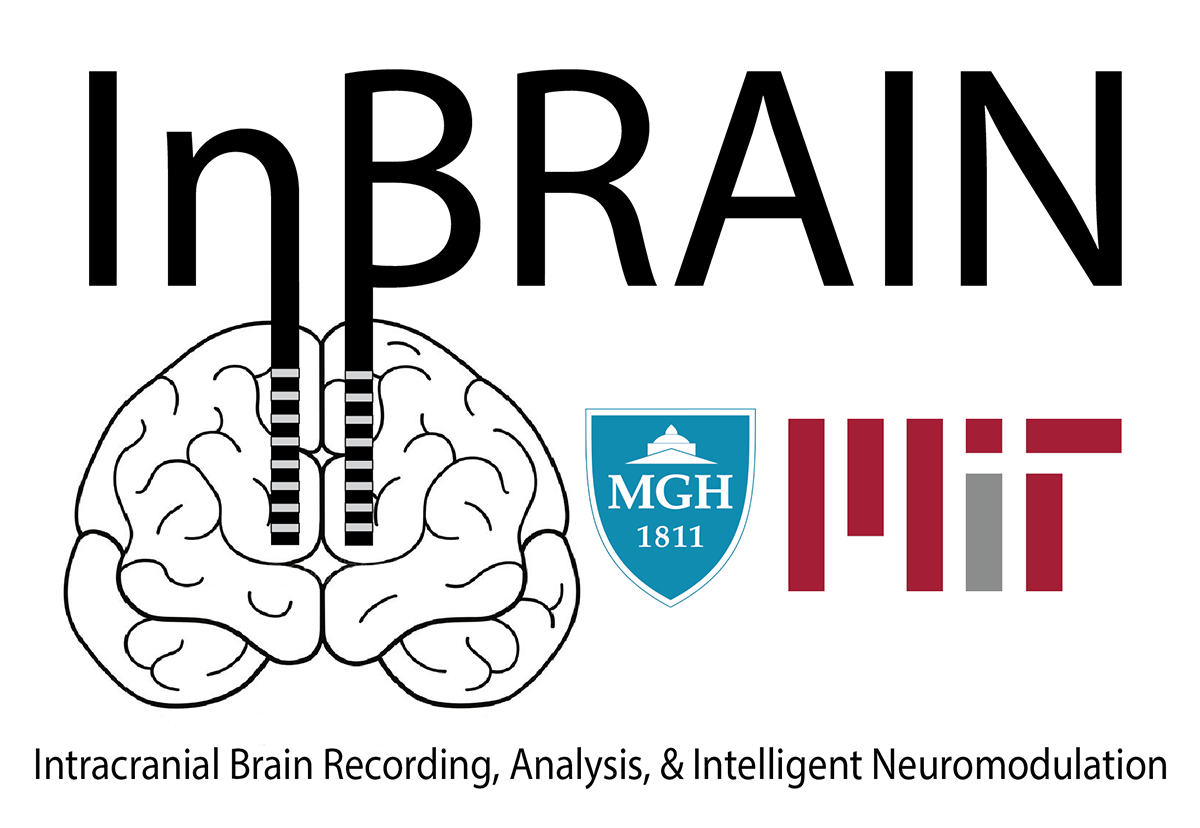We study brain function and behavior during neurosurgical treatment of epilepsy, movement disorders, and psychiatric diseases.
Founded at the University of Pittsburgh in 2011 and re-established at the Massachusetts General Hospital in 2019, the Brain Modulation Lab seeks to translate basic neuroscience findings into improved brain modulation therapies, across a wide spectrum of intracranial techniques. Learn about the areas we investigate here.
Major technological and scientific advances have opened a new era in neurosurgical therapies aimed at normalizing circuit dysfunction across numerous brain disorders. These invasive surgical procedures provide the unique ability to record and stimulate neuronal populations in precise brain regions, offering groundbreaking opportunities to explore how our brains perform a wide array of cognitive functions. To optimize these opportunities, we teamed with MIT Brain and Cognitive Sciences to develop the Intracranial Brain Recording, Analysis, and Intelligent Neuromodulation (InBRAIN) Collaboration.




















